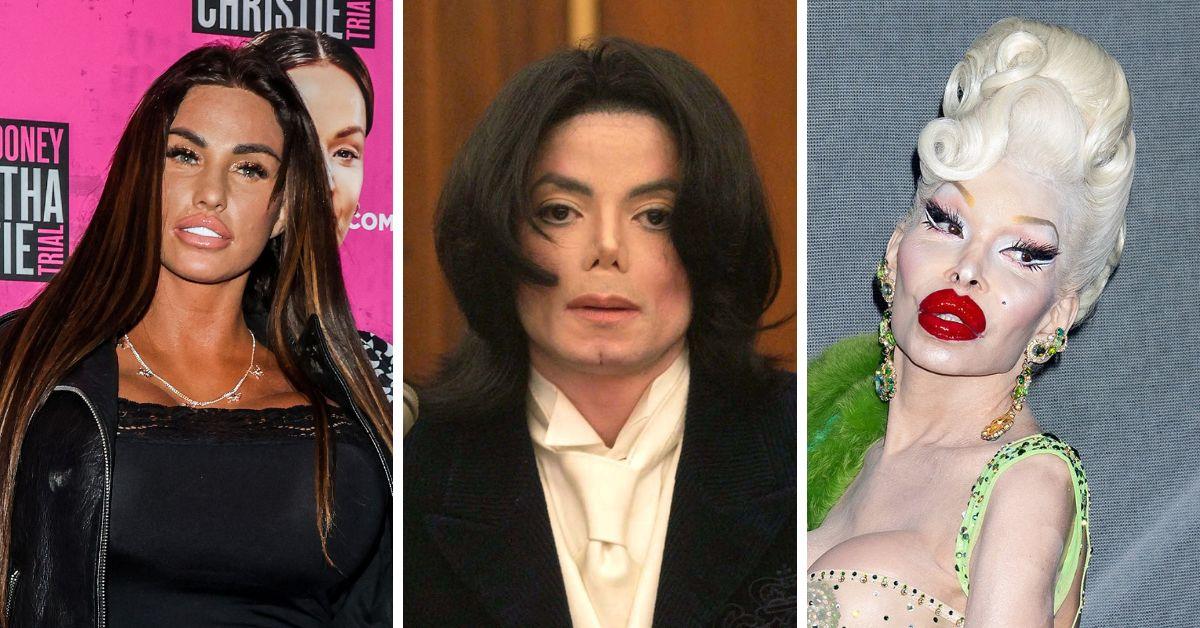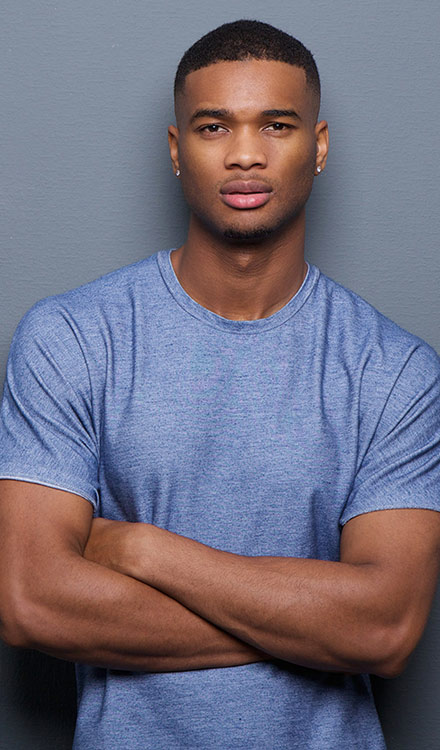Exploring the Mental and Social Elements That Drive People to Think About Plastic Surgery as a Means of Enhancement
The decision to seek cosmetic surgical treatment often extends beyond plain visual appeals, linking with psychological and social dynamics that merit comprehensive examination. Factors such as self-esteem, pervasive social beauty standards, and the prevalent impact of social media merge to shape individual inspirations for medical improvement.
The Function of Self-worth
Self-confidence considerably affects an individual's choice to seek plastic surgery. Individuals with low self-worth usually view themselves in an unfavorable light, resulting in feelings of insufficiency concerning their physical appearance. This unfavorable self-perception can drive them to look for surgical treatments as a method of enhancing their self-image. The wish for enhancement in one's appearance is frequently linked to a belief that such changes will boost their overall self-regard and confidence.

Inevitably, the duty of self-confidence in the decision-making process pertaining to plastic surgery highlights the complicated interaction in between body photo, personal fulfillment, and psychological wellness. Understanding this connection is critical for healthcare professionals to make sure that patients are making notified choices rooted in reasonable expectations and emotional well-being.
Societal Beauty Specifications
Influenced by prevalent media portrayals and cultural narratives, societal appeal requirements play a vital role fit individuals' assumptions of their very own bodies. These criteria are commonly characterized by an idealized form of appeal that highlights qualities such as youthful vigor, slimness, and symmetry. As these ideals are perpetuated via numerous networks, including advertising, movie, and tv, individuals frequently internalize these messages, leading to frustration with their all-natural appearance.
The implications of these social norms expand past aesthetic choices; they can impact self-confidence, mental health, and social relationships. People who regard themselves as disappointing these requirements may experience sensations of inadequacy, prompting a desire for cosmetic surgical procedure as a way of achieving societal approval. This quest is typically sustained by the belief that conforming to these suitables will boost not just physical appearance however also social standing and individual fulfillment.

Impact of Social Media
The influence of social charm criteria is further intensified by the rise of social media sites platforms, where curated photos and idealized depictions of beauty are common. Customers are continuously subjected to filteringed system and edited photos, which often illustrate unattainable physical features. This exposure cultivates a society of contrast, leading people to assess their own look versus these frequently unrealistic criteria.
Social media site influencers and celebrities often promote additional info cosmetic treatments, stabilizing the notion that medical improvements are a practical methods for achieving social ideals (plastic surgery rancho cucamonga). The visibility of these enhancements can develop an assumption that undergoing plastic surgery is a basic method, therefore affecting people to take into consideration comparable treatments as a path to boosted self-worth and social approval
In addition, the interactive nature of social media enables immediate feedback through sort and remarks, further reinforcing the wish to comply with prominent appeal criteria. Such interactions can intensify sensations of insufficiency and drive individuals towards cosmetic surgery as a method of obtaining validation. Eventually, social media plays an essential duty in shaping understandings of appeal, which dramatically impacts the decision-making processes see page surrounding plastic surgery.

Cultural Point Of Views on Appearance
Throughout numerous societies, assumptions of look are deeply rooted in historic, social, and economic contexts, shaping people' sights on appeal and charm. In lots of societies, look acts as a substantial marker of identification, affecting social condition, expert opportunities, and individual partnerships. As an example, in some cultures, light skin is typically related to wealth and privilege, while others might glorify darker skin tones as symbols of strength and credibility.
Furthermore, conventional elegance standards are typically continued through social narratives, media depictions, and family members influences, bring about differing ideals throughout various areas (plastic surgery rancho cucamonga). In Western societies, the emphasis on young people and physical conditioning usually drives people towards aesthetic enhancement, while in specific Eastern cultures, even more subtle changes straightened with traditional aesthetics may be chosen
Globalization and the spreading of digital media have actually further made complex these characteristics, producing a hybridization of elegance suitables that transcends geographical borders. As people progressively navigate these cultural stories, the stress to satisfy certain look standards can lead to the desire for plastic surgery, mirroring an intricate interaction of social worths and individual ambitions. Comprehending these social viewpoints is necessary in addressing the motivations behind cosmetic surgery factors to consider.
Emotional Impacts of Plastic Surgery
Numerous individuals looking for plastic surgery report experiencing profound mental effects that can significantly change their self-perception and psychological wellness - plastic surgery rancho cucamonga. The wish for physical improvement commonly comes from underlying problems such as reduced self-confidence, body dysmorphic disorder, or societal stress pertaining to appeal requirements. For some, the instant post-operative phase can cause a momentary boost in positive self-image and contentment with their look, promoting a sense of empowerment
Nonetheless, these positive sensations may not be enduring. Research shows that while some patients experience enhanced self-worth, others may face increased check my site anxiousness or anxiety if their expectations are not fulfilled. This inconsistency can occur from impractical suitables perpetuated by media depiction and cultural narratives bordering charm.
Additionally, the emotional implications of cosmetic surgical treatment extend past the individual. Relationships with friends and family might be strained as social characteristics change, causing feelings of seclusion or alienation. Ultimately, the emotional effects of cosmetic surgery are intricate and diverse, requiring mindful factor to consider by both prospective individuals and doctor to make certain informed decision-making and sensible assumptions.
Conclusion
In final thought, the choice to pursue plastic surgery is significantly influenced by a mix of self-esteem problems, social beauty requirements, and social viewpoints on look. The pervasive reach of social media sites even more aggravates these stress, promoting impractical perfects that people frequently aim to attain. Recognizing these emotional and social aspects is important for addressing the inspirations behind plastic surgery, highlighting the need for a more nuanced conversation bordering charm and self-acceptance in modern culture.
The choice to seek cosmetic surgical procedure frequently prolongs beyond mere aesthetics, linking with psychological and social characteristics that merit extensive exam. Ultimately, social media plays a critical function in shaping understandings of elegance, which substantially influences the decision-making processes surrounding cosmetic surgery.
As individuals progressively browse these cultural stories, the stress to adhere to specific look standards can lead to the need for cosmetic surgery, showing a complex interplay of personal goals and cultural values.In conclusion, the choice to go after cosmetic surgery is substantially affected by a combination of self-confidence issues, societal charm requirements, and social perspectives on look. Comprehending these social and emotional aspects is necessary for resolving the inspirations behind cosmetic surgical treatment, highlighting the requirement for a more nuanced conversation bordering elegance and self-acceptance in modern society.